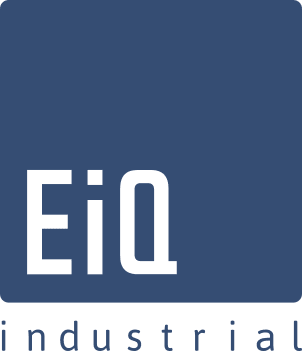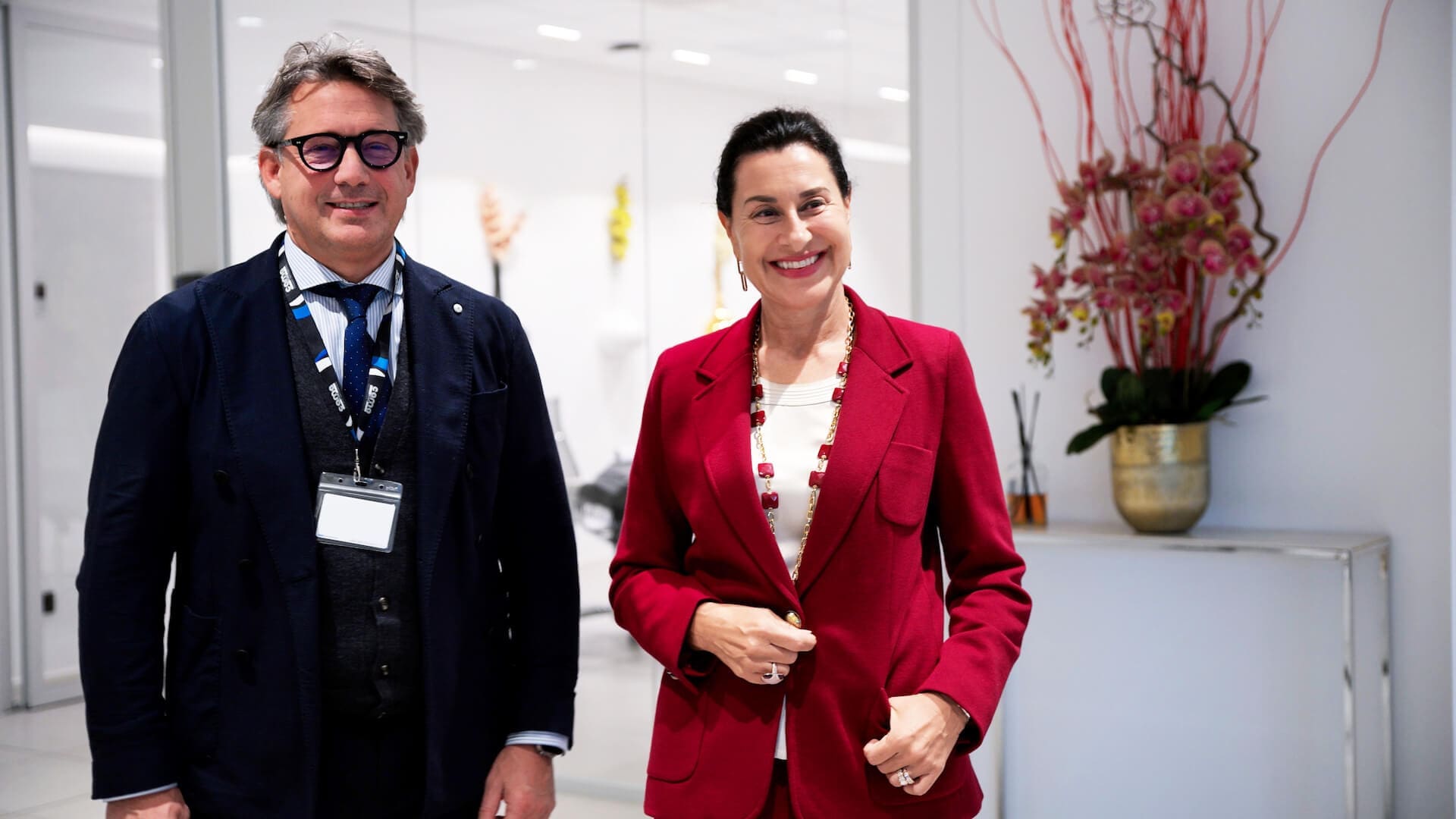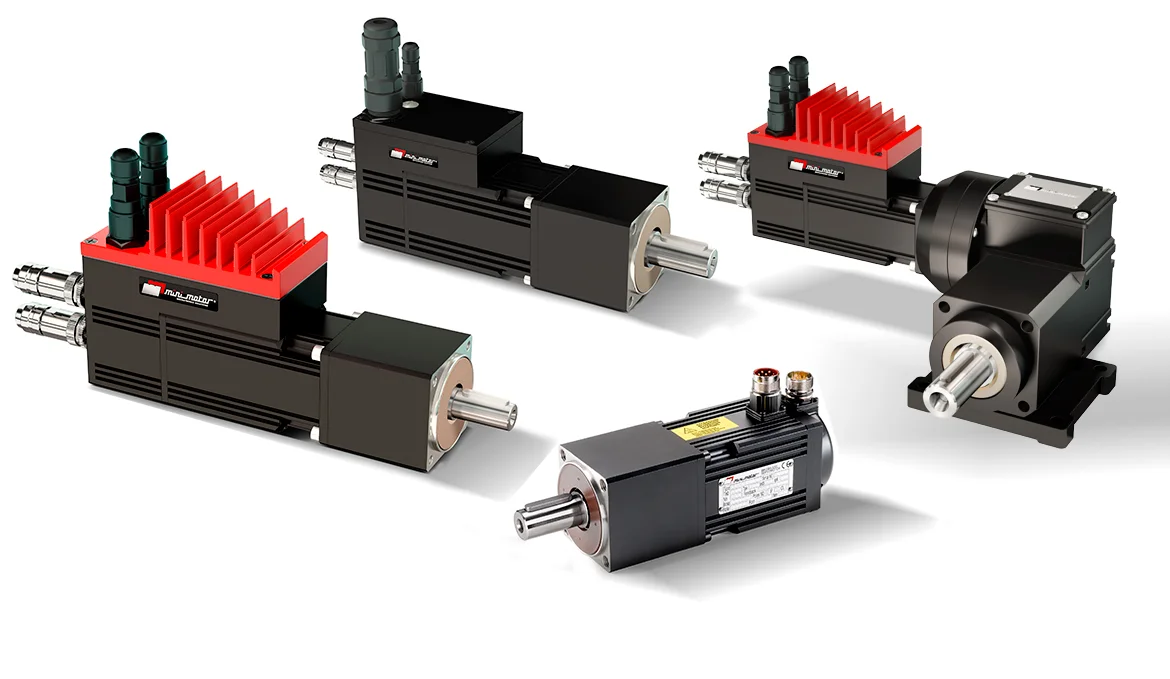Hygienic Design: a new standard for stainless steel enclosures
EiQ Industrial, in cooperation with EHEDG (European Hygienic Engineering and Design Group), has developed an innovative range of Hygienic Design (HD) stainless steel enclosures to help machine builders and experts in industrial automation meet increasingly stringent hygiene regulations.
These solutions are specifically designed for the food industry, particularly the meat processing sector, where hygiene and contamination control are paramount.
Hygienic Design refers to equipment and systems engineered in compliance with strict hygiene standards set by regulatory bodies.
These directives, particularly in the European Union, have become legally mandatory to ensure higher safety levels in sensitive industrial applications. EiQ Industrial’s enclosures are developed based on key HD principles: bacteria-free design, high-quality materials, optimized construction, and user-friendly maintenance.
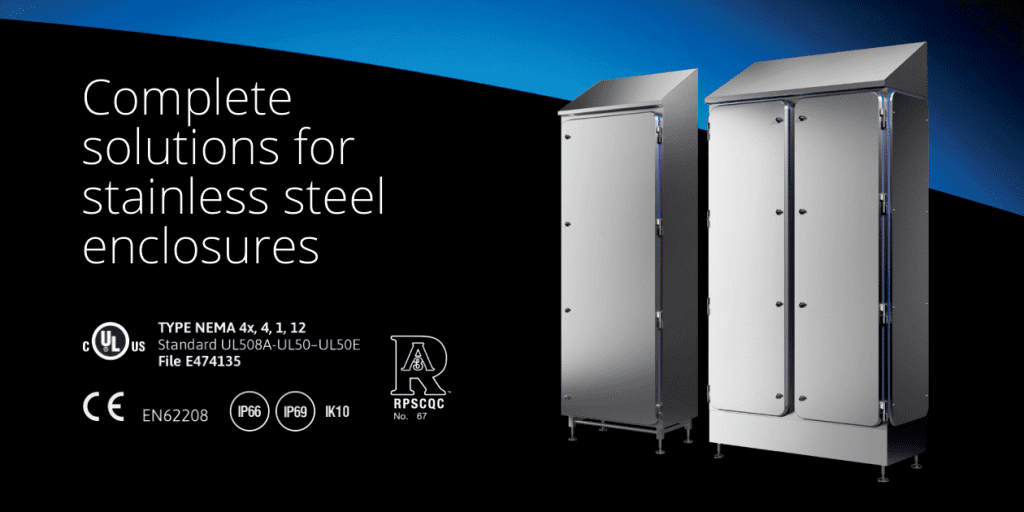
EiQ industrial’s hygienic design solution
EiQ offers a complete range of Stainless Steel Enclosures, including junction boxes, push button boxes, enclosures with hinged door, compact cabinets, modular cabinets, protective windows and complete hanging systems.
One of the distinguishing features is the external placement of hinges, which enhances durability and simplifies cleaning. After extensive engineering studies, EiQ Industrial patented and obtained EHEDG certification for its unique HINGE and LOCK design as of 2019. Additionally, the entire HD product line has been certified 3-A, ensuring compliance with top international standards.
The enclosures are designed to minimize contamination risks and bacterial proliferation. Their construction eliminates sharp edges and gaps, preventing dirt accumulation while ensuring maximum protection for internal electrical components. The materials used are corrosion-resistant, non-toxic, and easy to sanitize, making them ideal for environments requiring strict hygiene control.
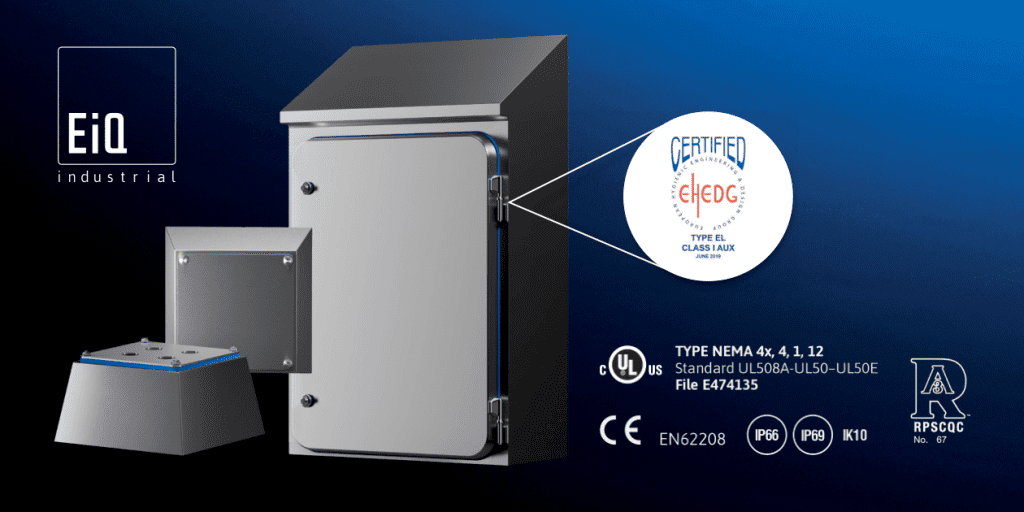
Advantages of EiQ industrial’s Hygienic Design enclosures
Implementing HD enclosures in food production plants offers significant benefits, including:
• Regulatory compliance: certified solutions that meet stringent hygiene and safety regulations.
• Enhanced hygiene: smooth surfaces and optimized construction prevent contamination and facilitate thorough cleaning.
• Cost and time efficiency: reduced cleaning and sanitization time increases equipment availability and optimizes operational costs.
• Long-term reliability: corrosion-resistant materials and robust construction ensure durability and minimize maintenance needs.
• User-friendly maintenance: easily disassembled structural elements allow for efficient inspection, sanitation, and reassembly, reducing downtime and improving operational efficiency
Our certifications
When the Electrical Enclosures must grant the complete hygiene, must be hardly corrodible, must be able to stand critical weather conditions, to keep the watertight seal, to resist to external mechanical important shocks, and finally grant the security of the plants with potentially explosives atmosphere, the only solution is the realization of them in Stainless Steel and their certification.
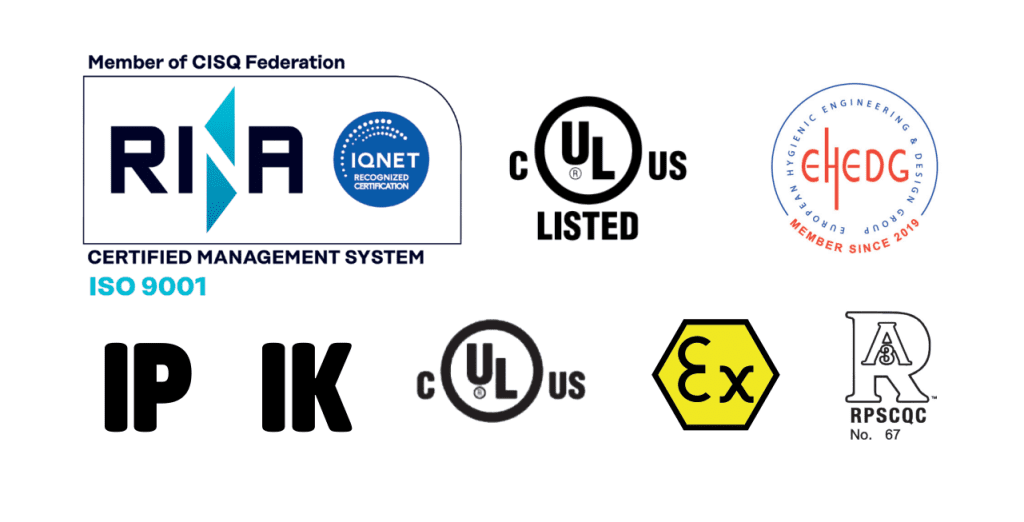
All the products we supply have been subjected to exhaustive laboratory tests that guarantee:
• The IP66, IP69 and IK10 so the maximum degree of watertight seal protection to
• liquids and dust;
• The (Nema 4x, 4, 1, 12), the mandatory certification for export them in the USA and Canada;
• The ATEX certification for category 3 zone 2/22 and for category 2 zone 1/21, to grant the safety on most of the environments where there’s an atmosphere potentially explosives.
Hygienic Design: a step into future By “Hygienic Design” (“HD”), we intend equipment and plants designed and manufactured according to the hygiene requirements determined by the responsible organizations through guidelines, rules and directives.
Those directives are becoming more and more stringent in order to provide the higher standards and, with reference to the European directives, hygiene has become mandatory by the law.
The first Machinery Directive in Europe of 1989 (89/392/EEC) set the minimum requirements according to which an equipment must be designed and constructed in order to protect the safety of the operator, and it indicates also the minimum mandatory criteria of hygiene conformity for a machine.
